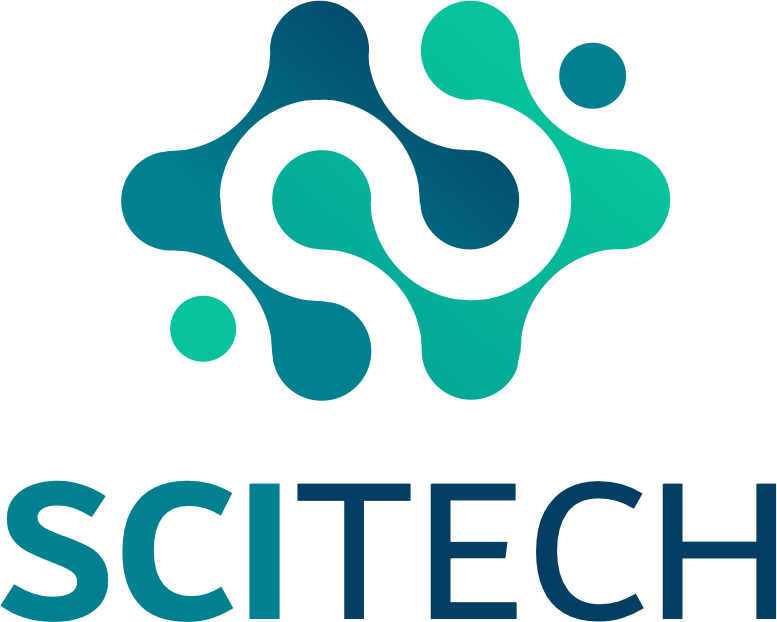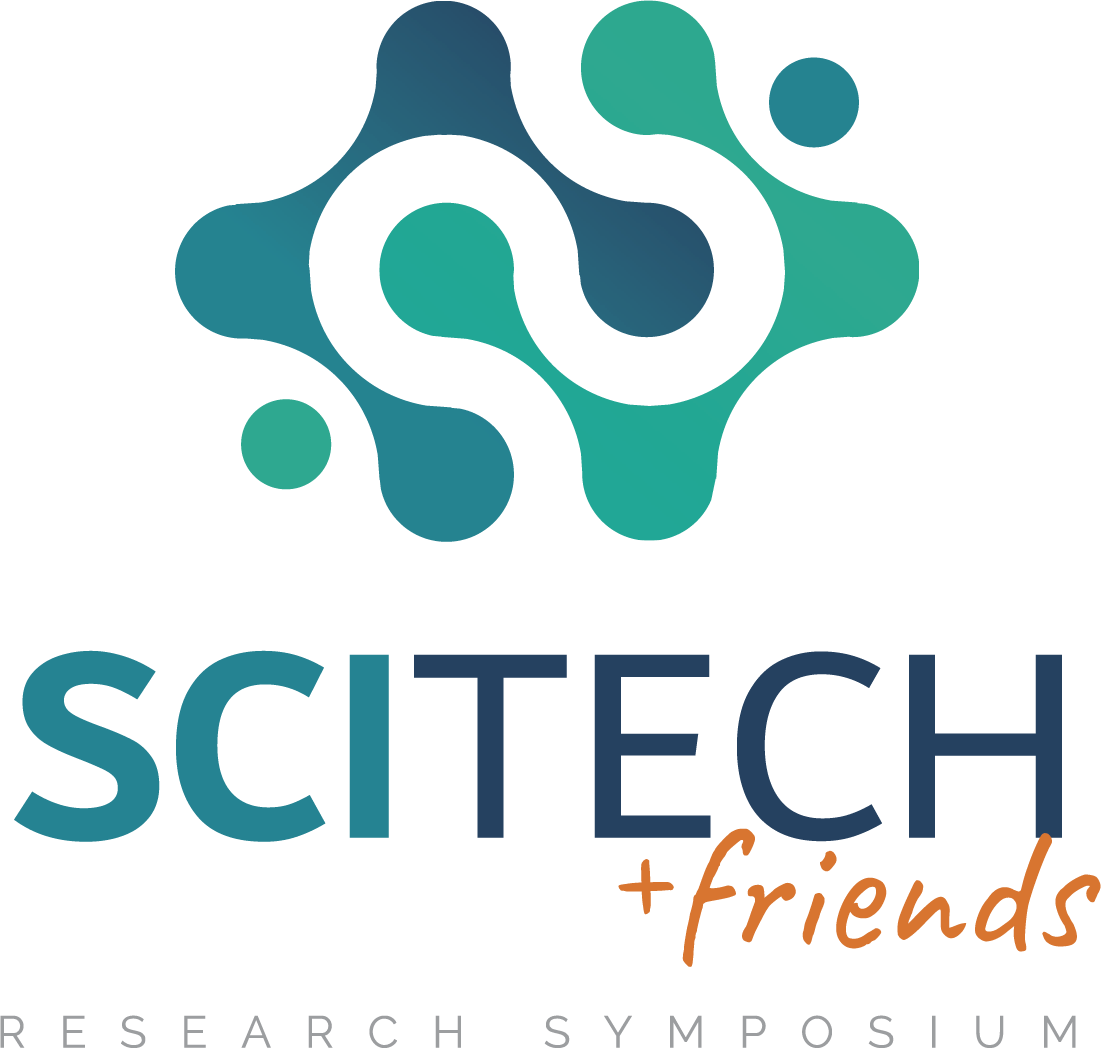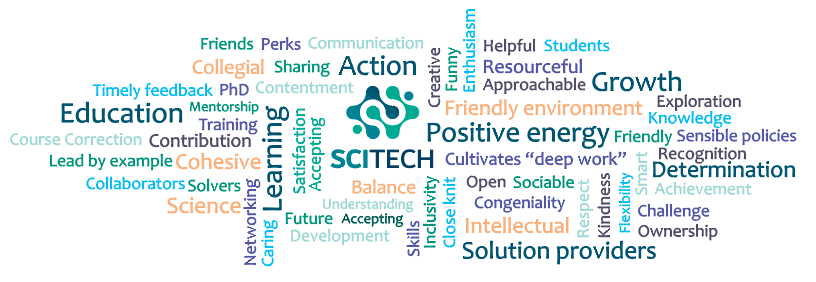Machine Learning for Science
Research Areas
The imminent arrival of data-oriented and machine learning-based analysis modalities employed by researchers has created a number of exciting new research challenges for the scientific computing research community. Workflows are increasingly composed of various types of tasks such as long-running machine learning model training, short machine learning inference, and multi-node simulations, among others. Machine learning (ML) workflows are structured differently from traditional workflow applications (typically described as directed-acyclic-graphs) in the sense that they feature feedback loops (i.e., iterative patterns) and usually exhibit a more dynamic behavior. We are in the midst of exploring how we can improve Pegasus to better support such ML-empowered scientific workflows.





